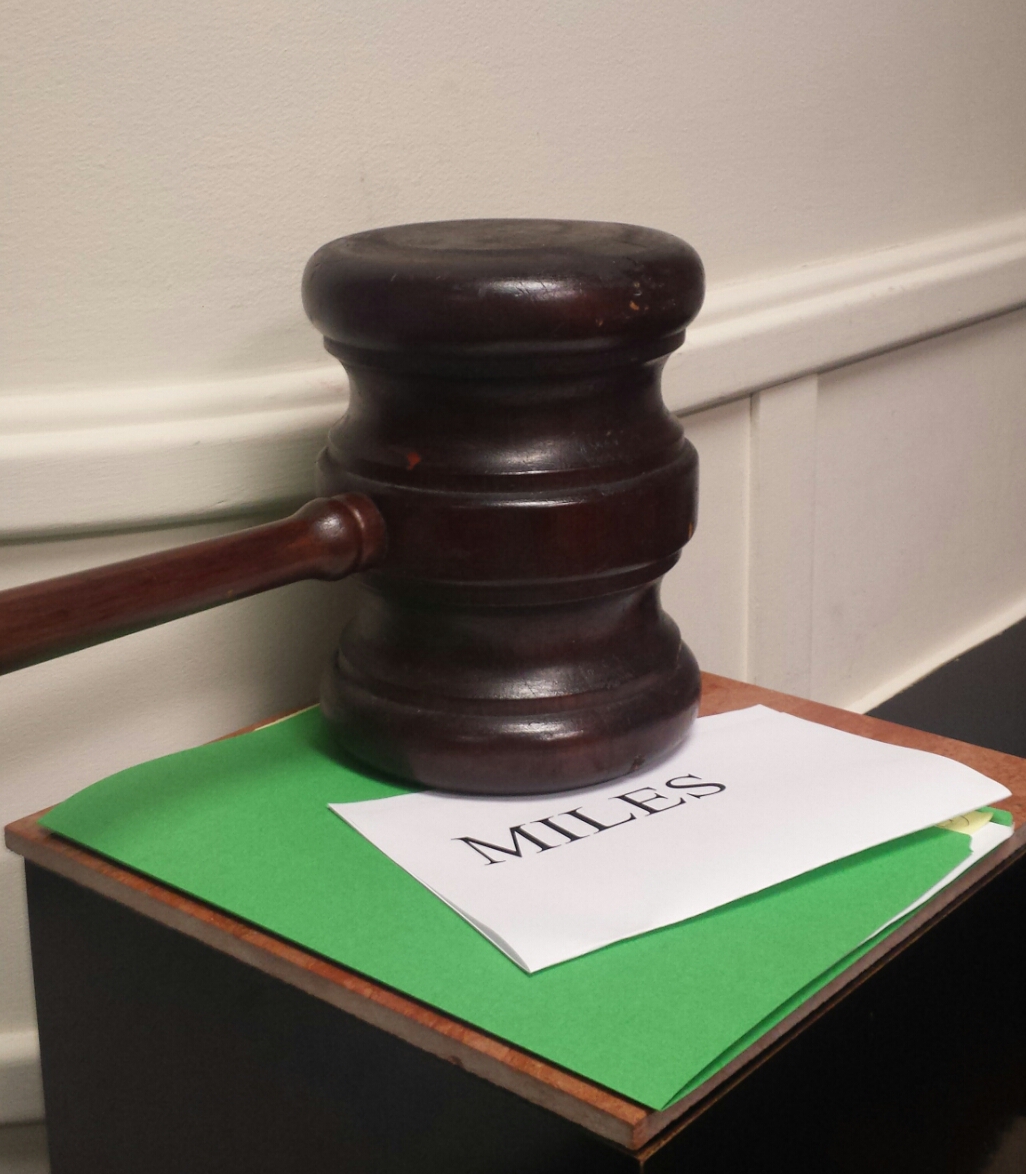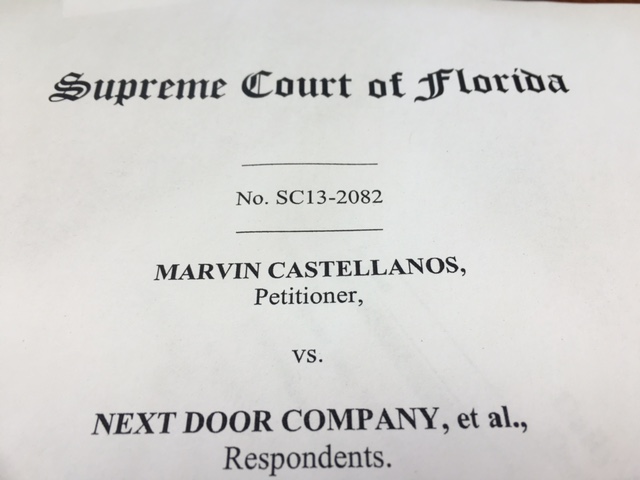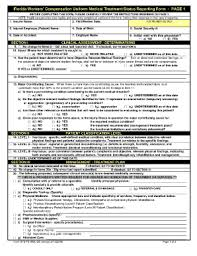In Miles vs. City of Edgewater Police, 1D15-0165 the First District Court of Appeal declared Florida Statutes 440.105(3)(c) and 440.34 unconstitutional because they infringe on the Claimant’s right to contract to pay attorney’s fees from their own funds for litigating a workers compensation claim. Any contract for fees for representing an injured person must like all fees for Florida attorneys comply with the factors set forth in Lee Engineering, 209 So.2d. 454, 458 (Fla. 1968) and the Florida Bar Rule 4-1.5(b). In Miles, the 1st DCA stated “we hold that no attorney accepting fees, per such a fee contract in this situation may be prosecuted under 440.105(3)(c) Fla. Stat. The right of the Claimant to contract is known as a civil liberty possessed by all persons and is within the rights guaranteed by the Constitution.”

 Florida Injury Attorneys Blog
Florida Injury Attorneys Blog




 The trial court dismissed the complaint, finding that section 768.125, Florida Statutes (2011), protects businesses such as Flanigan’s from any liability for injuries caused by intoxicated patrons, as long as certain conditions are met.
The trial court dismissed the complaint, finding that section 768.125, Florida Statutes (2011), protects businesses such as Flanigan’s from any liability for injuries caused by intoxicated patrons, as long as certain conditions are met. As we know, the law requires that a medical benefit which includes, but is not limited to, the treatment, a device or an aid be medically necessary. In order to award that benefit, the test is whether it is medically necessary. A Judge of Compensation Claims may award only those medical benefits that are medically necessary. It is important to understand the distinction between a medically necessary benefit and those that are merely pleasant or convenient. Simple convenience will not suffice nor would a benefit that would neither improve nor aid in recovery be considered medically necessary.
As we know, the law requires that a medical benefit which includes, but is not limited to, the treatment, a device or an aid be medically necessary. In order to award that benefit, the test is whether it is medically necessary. A Judge of Compensation Claims may award only those medical benefits that are medically necessary. It is important to understand the distinction between a medically necessary benefit and those that are merely pleasant or convenient. Simple convenience will not suffice nor would a benefit that would neither improve nor aid in recovery be considered medically necessary.  Her team work together with each client to obtain the best settlements.
Her team work together with each client to obtain the best settlements.
 The answer to this question is – NO. The 1st District Court of Appeals recently addressed this question and issued an opinion which can be found in
The answer to this question is – NO. The 1st District Court of Appeals recently addressed this question and issued an opinion which can be found in